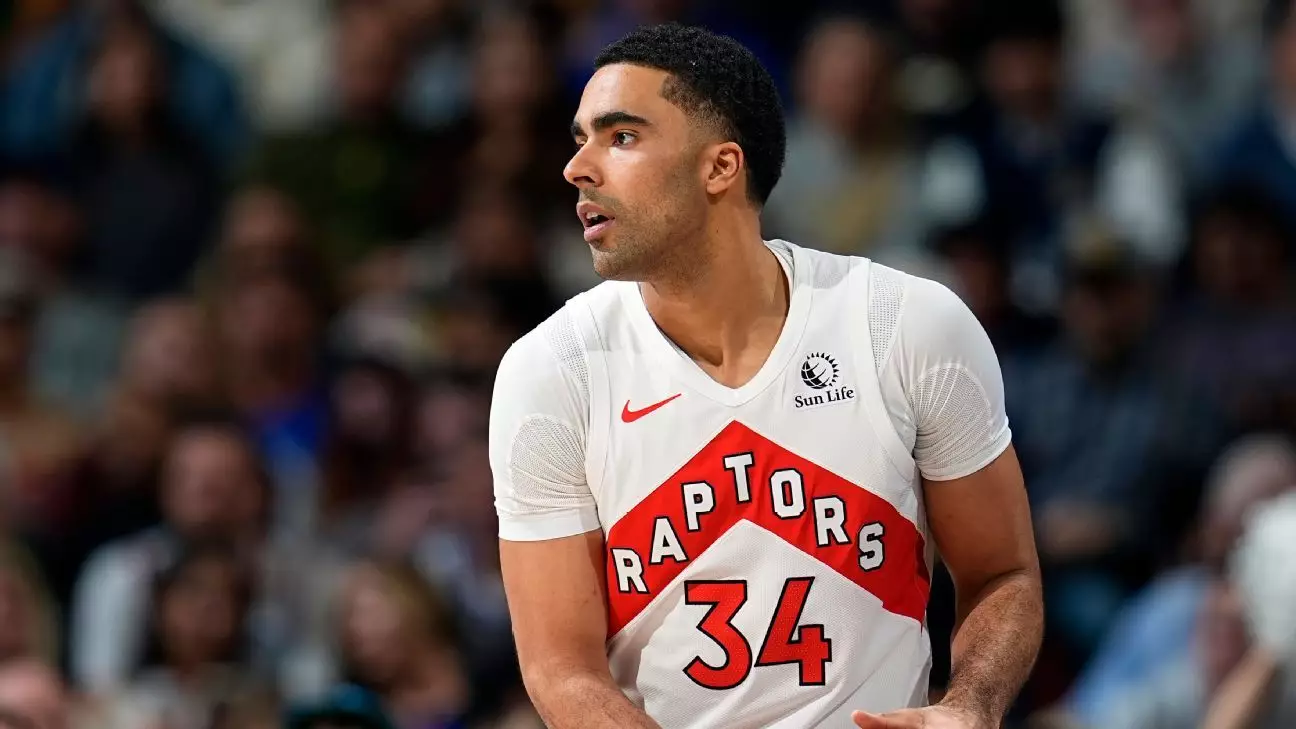In recent years, the intertwining of sports and gambling has grown more complex and contentious. While betting has become a staple in modern sports culture, its darker facets—namely potential manipulation and athlete abuse—cast long shadows over the integrity of athletic competition. Major leagues like the NBA are beginning to recognize these risks with measured approaches, advocating for tighter restrictions on certain types of bets. This shift signifies a broader acceptance that safeguarding the fairness of the game should take precedence over the allure of lucrative betting markets.
The NBA and its Players Association have expressed cautious support for introducing limitations on prop bets, specifically those that could be exploited for performance manipulation. This move underscores a recognition that, despite legal betting markets, safeguards are necessary to prevent a cycle where monetary incentives compromise player performance and league credibility. The NBA’s stance aligns with a broader cultural pivot, acknowledging that the proliferation of micro-bets—small, specific wagers during game events—may carry unintended consequences that threaten the sport’s authenticity.
Examining the Case of Jontay Porter and the Growing Shadow of Manipulation
The NBA’s recent enforcement actions reflect growing concern about the integrity of competition amid a handful of high-profile scandals. The case involving Jontay Porter, a former Toronto Raptors player, serves as a stark reminder of how gambling schemes can entangle even professional athletes. Porter’s admission of manipulating his game performance to benefit bettors illustrates the vulnerabilities inherent in the current system. His subsequent ban by the NBA underscores that leagues are willing to take firm action against the appearance of dishonesty—yet, it also raises critical questions about the scope of the problem.
Porter’s case was notable not only for its criminal dimension but also for exposing how bettors may target young or less-established players, seeking to exploit their relatively lower profile. Consequently, the league is considering more restrictive measures to stifle such manipulation, including limiting bets on players who are on the brink of contractual or career volatility. While Porter’s case is an outlier, its implications ripple through the industry, prompting leagues to rethink how betting markets are structured and regulated.
Balancing Fan Engagement with Ethical Responsibilities
A significant challenge lies in maintaining the excitement and engagement that betting provides fans, while also ensuring ethical boundaries are respected. Fans should be able to enjoy betting responsibly and legally, but the rise of micro-bets—wagers on very specific game events—has complicated this balance. These bets, often placed in-game on individual plays like pitches or free throws, amplify the risk of incentivizing performance manipulation and athlete harassment.
Some jurisdictions, including Ohio and New Jersey, have already moved to restrict or outlaw micro-bets. Ohio Governor Mike DeWine’s call for a ban on such wagers, especially following suspicious betting activity in baseball, demonstrates a proactive stance aimed at protecting the sport’s integrity. However, this move has ignited debate about whether such restrictions stifle fan freedom or are essential safeguards. Critics like New Jersey Assemblyman Dan Hutchinson argue that eliminating micro-bets could detract from the betting experience, but the core issue remains: how do we draw the line between engaging fans and preserving fair play?
The Road Ahead: Reforms and Responsibilities
The ongoing discussions across sports leagues, regulators, and lawmakers revolve around establishing robust frameworks that prevent abuse without alienating fans. From the league’s perspective, implementing tighter controls on prop bets—especially for vulnerable players—seems a necessary step. The measure to restrict wagers on players in two-way contracts by sportsbooks adheres to this philosophy, but it’s clear that enforcement and oversight must be strengthened.
However, legislation at the state level introduces a patchwork approach to a nationwide issue. While some states ban micro-bets outright, others continue to debate their value and risks. This inconsistency raises questions about uniform standards and whether federal regulation might someday be necessary to ensure fairness across all markets.
Ultimately, safeguarding sports from gambling-related corruption hinges on a collective effort: leagues, regulators, sportsbooks, and fans must all share responsibility. The push for tighter restrictions reflects a recognition that, although gambling is ingrained in the sporting experience, it must be carefully managed to avoid undermining the core principles of competition and fairness. The challenge moving forward will be orchestrating reforms that balance innovation, fan enjoyment, and ethical integrity—an evolution that could redefine how we appreciate sports in a gambling-aged world.

